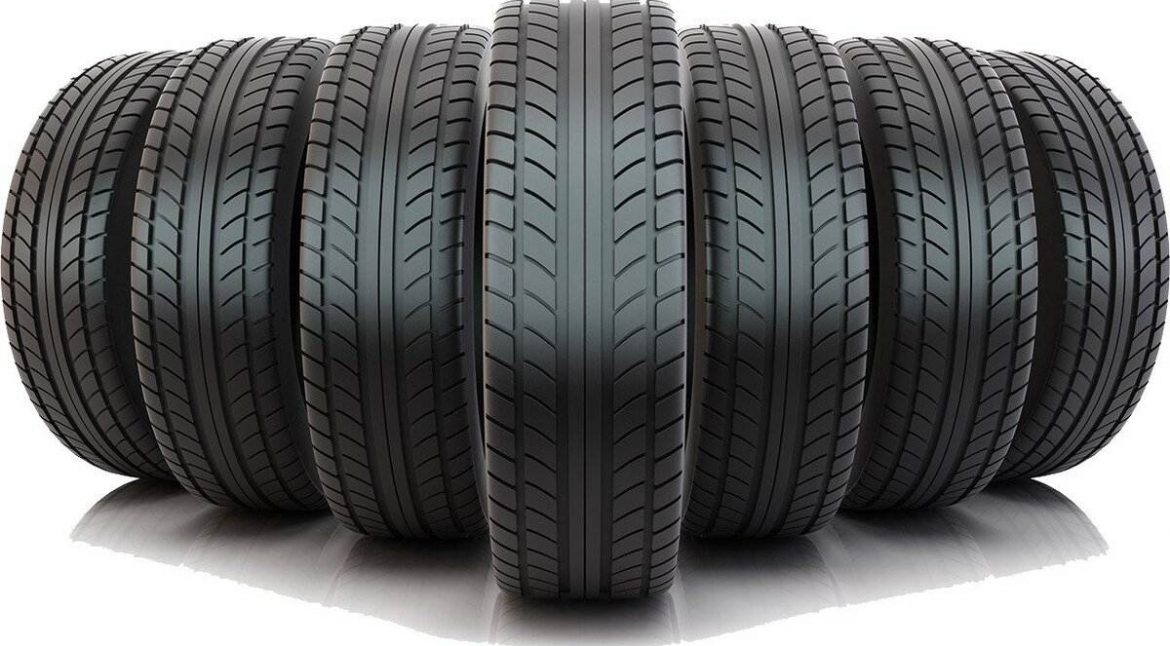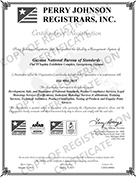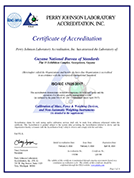Damaged or defective tyres along with those which are exposed to harsh chemicals and environmental conditions, should not be offered for sale by dealers. This is important to promote safety on the roadways since the best tyres provide grip for braking and acceleration, maintain steering and directional control and act as shock absorbers for vibrations from the road.
The Guyana National Bureau of Standards (GNBS) is responsible for the monitoring of new and used tyres upon importation or at sale outlets, based on the requirements of two National Standards. These standards are the Guyana Standard Requirements for Pneumatic passenger car tyres, GYS 67:2017, and the Guyana Standard Specification for Pneumatic tyres for highway Commercial vehicles, GYS 194:2001.
The GYS 67:2017 standard, as its name suggests, specifies the requirements for passenger car tyres along with their storage conditions. Meanwhile, the GYS 194:2001 standard specifies physical dimensions, performance and marking requirements for new and used tyres for highway commercial vehicles. Such tyres are classified as those which are attached to vehicles carrying ten or more persons and/or weigh more than 3,000kg, as well as light trucks which are designed to transport property or special purpose equipment and weigh 3,000kg or less.
According to both documents, tyres must be properly labelled to include size, brand, the maximum permissible inflation pressure, manufacture date and other information.
The GNBS monitors this commodity under its Product Compliance Programme, in accordance with the standard to ensure quality, road-worthy tyres are available to consumers. Importers and dealers of both new and used tyres are required to register with the GNBS annually to import and sell on the local market. To ensure that these businesspersons comply, Inspectors of the Bureau conduct examinations at ports of entry, bonds and outlets where tyres are also checked for quality and storage requirements.
Inspectors look for tyre damages including exposed cords, thread separation, evidence of belt damage, ply separation, flex break or casing break-up, loose cords on inner ply and damaged bead area and/or tyres showing studs were used.
As it relates to storage requirements, tyres must be stored vertically, horizontally or plaited to avoid deformation. During inspections, retailers are educated on the requirements for passenger tyres to be stored in rows of ten if packed vertically while commercial tyres can be stored in rows of eight. In addition, they must be kept in a building to protect them from humidity, direct sunlight, or extreme temperatures. Tyres must also be stored away from oils and other chemicals, which can speed up deterioration.
The GYS 67:2017 states that new tyres should not be more than two years old from the date of manufacture at the time of importation into Guyana, while tyres six years or older should not be offered for sale. These requirements do not currently apply to commercial tyres.
The thread depth of tyres offers visual guidance as to the extent of usage of a tyre. For used tyres, the required thread depth must be at least four millimetres (4 mm) and must not exceed six years from the date of manufacture.
GNBS Inspectors, upon encountering tyres that do not comply with the requirements of the standards, engage the retailer and proceed to destroy the commodity. To minimise the rejection of new and used tyres imported into Guyana for resale, the GNBS strongly encourages stakeholders to acquire a copy of the National Standards so they can appropriately advise their suppliers.
Consumers are also advised to look for the GNBS permits issued to tyre dealers at their sale outlets. The permits to sell indicate that the retailer is not only registered to sell the commodity but the tyres are also monitored by the GNBS.
For further information, kindly contact the GNBS on telephone numbers: 219-0064/65/66 or send us a message on Whatsapp 692-4627 (GNBS).






